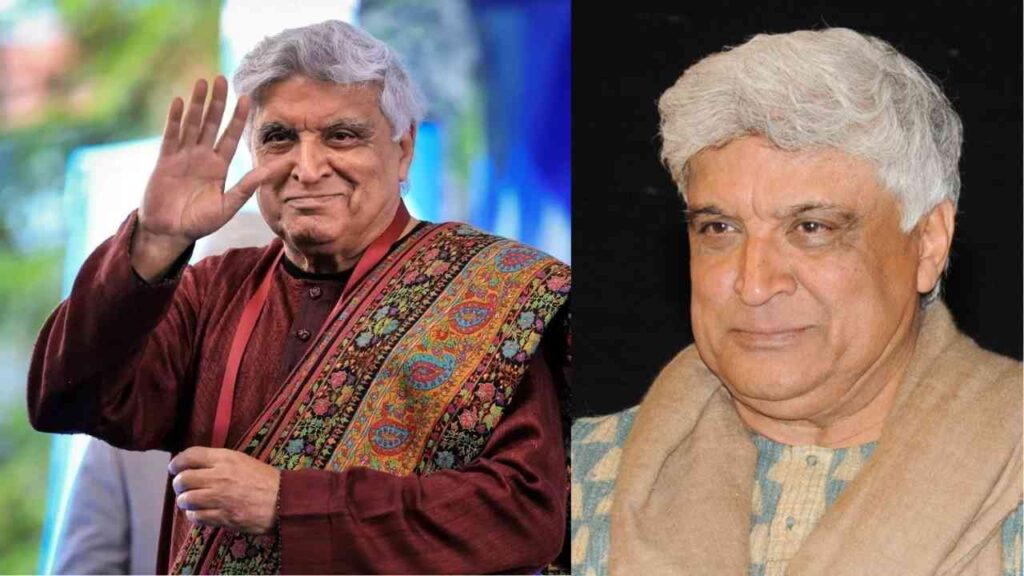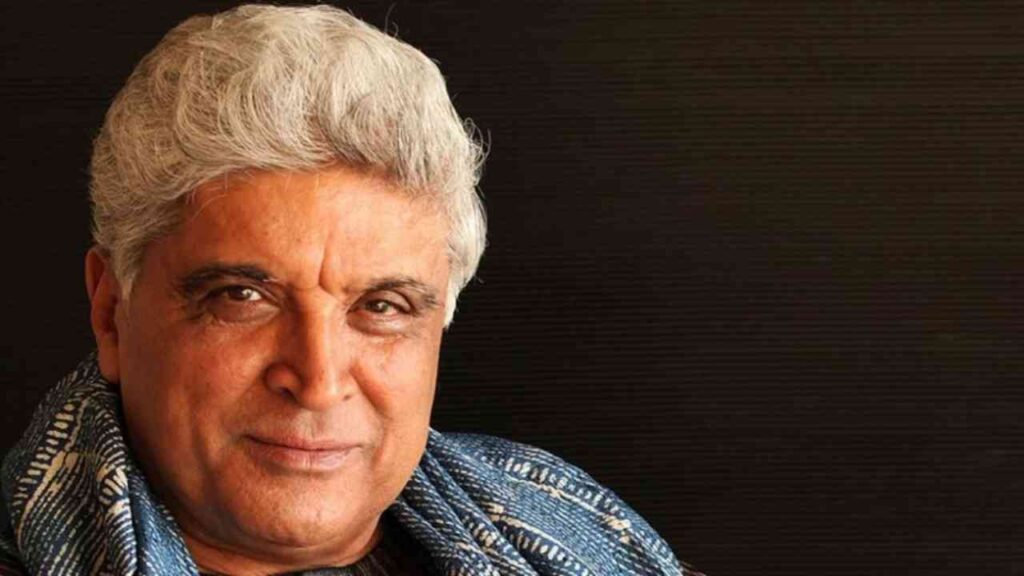Veteran Lyricist Cites Family’s Freedom Struggle Sacrifices After Online Attack
“My Ancestors Died in Kala Pani While Yours Served British,” Akhtar Fires Back
Veteran lyricist and screenwriter Javed Akhtar delivered a powerful response to an online troll who questioned his patriotism after he shared a heartfelt Independence Day message, highlighting his family’s deep sacrifices in India’s freedom struggle.
The Independence Day Message
On India’s 79th Independence Day, Akhtar posted a thoughtful tribute on social media platform X, emphasizing the hard-won nature of the country’s freedom. His message read: “Happy Independence Day to all my Indian sisters and brothers. Let’s not forget this independence was not given to us on a platter. Today we must remember and salute those who went to jails and those went to gallows for getting us Azaadi. Let’s see that we never lose this precious gift.”
The post reflected Akhtar’s characteristic blend of celebration and remembrance, acknowledging both the joy of independence and the sacrifices that made it possible.
The Provocative Challenge
Shortly after his patriotic message, an online user attempted to provoke Akhtar with a comment suggesting religious bias in his national loyalty. The troll wrote: “Aapka happy independence to 14th August hai” (Your happy independence is on 14th August), implying that Akhtar should celebrate Pakistan’s Independence Day instead of India’s.
The comment appeared designed to question Akhtar’s commitment to India based on his religious identity, a common tactic used to target prominent Muslim personalities in the country.

Akhtar’s Fierce Rebuttal
Rather than ignoring the provocation, Akhtar responded with a stinging reply that highlighted the stark contrast between his family’s sacrifices and the troll’s implied accusations. His response was both personal and historically grounded:
“Beta jab tumhare baap dada angrez ke joote chaat rahe thay mere buzurg desh ki aazadi ke liye kaala pani mein mar rahe thay. Apni auqat mein raho” (Son, while your forefathers were licking the boots of the British, my ancestors were dying in Kala Pani for the country’s freedom. Know your place).
The response effectively turned the tables on the troll, questioning their family’s contribution to India’s freedom struggle while asserting his own family’s proven patriotic credentials.
A Legacy of Freedom Fighting
Akhtar’s sharp response was backed by documented historical facts about his family’s role in India’s independence movement. His lineage represents a remarkable tradition of resistance against British colonial rule spanning multiple generations.
Great-Grandfather’s Ultimate Sacrifice
Fazl-e-Haq Khairabadi, Akhtar’s great-grandfather, exemplified the family’s commitment to freedom. A respected poet and scholar, he played a crucial role during the 1857 revolt against British rule by issuing a fatwa supporting the uprising against colonial forces.
His defiance came at the ultimate cost. The British authorities captured him and sentenced him to the dreaded Kala Pani punishment—transportation to the Andaman Islands, where he died in exile, never to see his homeland again.
Continuing the Literary-Political Tradition
The family’s commitment to freedom and justice continued through subsequent generations. Akhtar’s grandfather, Muztar Khairabadi, and father, Jan Nisar Akhtar, were both distinguished poets who used their literary talents to champion themes of freedom, justice, and resistance against oppression.
This literary-political tradition created a family culture where artistic expression and political consciousness were inseparably linked, ultimately influencing Javed Akhtar’s own work and worldview.
The Significance of Kala Pani
Akhtar’s reference to “Kala Pani” carries particular historical weight. The Cellular Jail in the Andaman and Nicobar Islands, known as Kala Pani, was the British colonial government’s most feared punishment. The term literally means “black waters,” and transportation there was considered worse than death by many.
Prisoners sent to Kala Pani faced harsh conditions, forced labor, and separation from family and society. Many freedom fighters, including Akhtar’s great-grandfather, died there, making it a symbol of the ultimate sacrifice for India’s independence.
Social Media Response and Public Support
Akhtar’s response resonated widely on social media, with many users praising his dignified yet firm rebuttal. The exchange highlighted ongoing challenges faced by prominent Muslim personalities in India, who often find their patriotism questioned despite their families’ contributions to the nation.
The incident also sparked broader discussions about the tendency of online trolls to target individuals based on religious identity rather than engaging with their actual messages or contributions.
Broader Context of Religious Targeting
The troll’s comment reflects a troubling pattern of questioning the national loyalty of Indian Muslims, despite their significant contributions to India’s freedom struggle and ongoing nation-building efforts. Prominent figures like Akhtar regularly face such provocations, designed to create divisions rather than foster unity.
Akhtar’s Consistent Patriotism
Throughout his career, Javed Akhtar has consistently demonstrated his commitment to India through his work and public statements. As one half of the legendary Salim-Javed writing duo and later as a solo lyricist, he has created numerous works celebrating Indian culture, values, and unity.
His Independence Day message exemplified this consistent approach—celebrating the nation while remembering the sacrifices that made freedom possible.
The Power of Historical Truth
Akhtar’s response demonstrated how historical facts can serve as the most powerful weapon against unfounded accusations. By citing his family’s documented sacrifices, he not only defended himself but also honored the memory of freedom fighters who gave their lives for India’s independence.
Lesson in Dignified Response
The exchange serves as an example of how public figures can respond to online trolling—not by ignoring provocations entirely, but by responding with facts, dignity, and appropriate firmness when necessary.
Akhtar’s response managed to be both educational and assertive, providing a history lesson while firmly establishing boundaries against unwarranted attacks on his patriotism.
Continuing Legacy
The incident reinforced how Javed Akhtar continues to carry forward his family’s tradition of standing up for principles and truth. Just as his ancestors used their positions and talents to fight for justice and freedom, he uses his platform and voice to counter divisive rhetoric and uphold national unity.
His response serves as a reminder that India’s freedom was won through the sacrifices of people from all backgrounds and religions, and that questioning someone’s patriotism based on their religious identity dishonors the memory of all who fought for the nation’s independence.






